The Nvidia GeForce RTX 5070 Ti: A Budget-Friendly 4K Champion?
The Nvidia GeForce RTX 5090's underwhelming generational leap and high price point left many wanting. However, its younger sibling, the RTX 5070 Ti, offers a more compelling proposition. While not a massive performance jump over the RTX 4070 Ti, its affordability makes it the most practical Blackwell-architecture card for most consumers, especially those on a budget.
Priced at $749, the RTX 5070 Ti excels as a 4K gaming GPU, effectively overshadowing the more expensive RTX 5080 (provided you can find either at their MSRP). It's crucial to note, however, that aftermarket models, like the MSI version reviewed here ($1099), significantly inflate the cost, surpassing the RTX 5080's $999 price tag. At its base price, the RTX 5070 Ti is a strong contender for the best graphics card for 4K gaming.
Purchasing Guide
The Nvidia GeForce RTX 5070 Ti launched February 20, 2025, with a starting price of $749. Remember, this is the base price; expect significant price variations across different models. While excellent value at $749, its attractiveness diminishes as the price approaches that of the RTX 5080.
Nvidia GeForce RTX 5070 Ti – Image Gallery
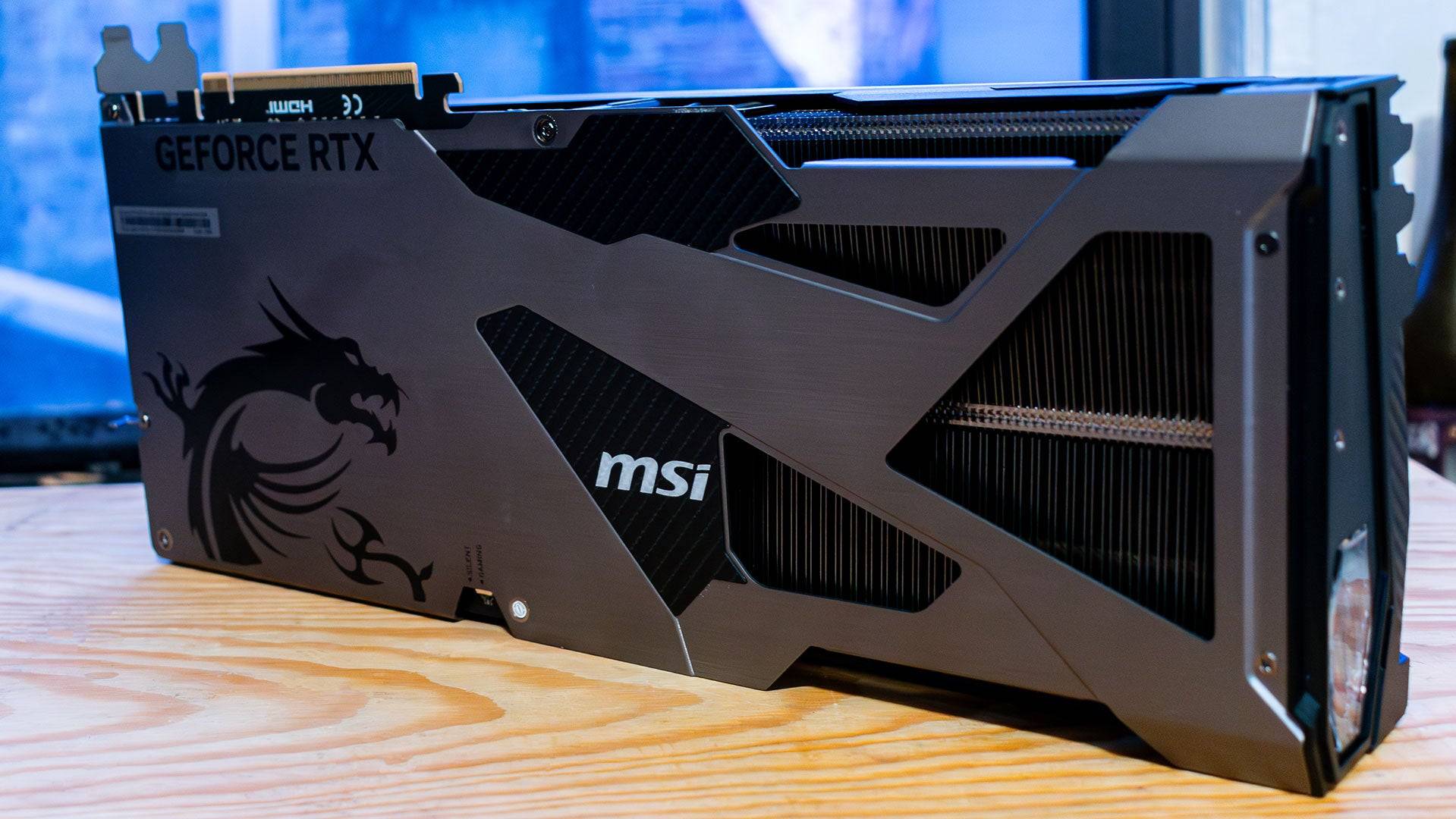
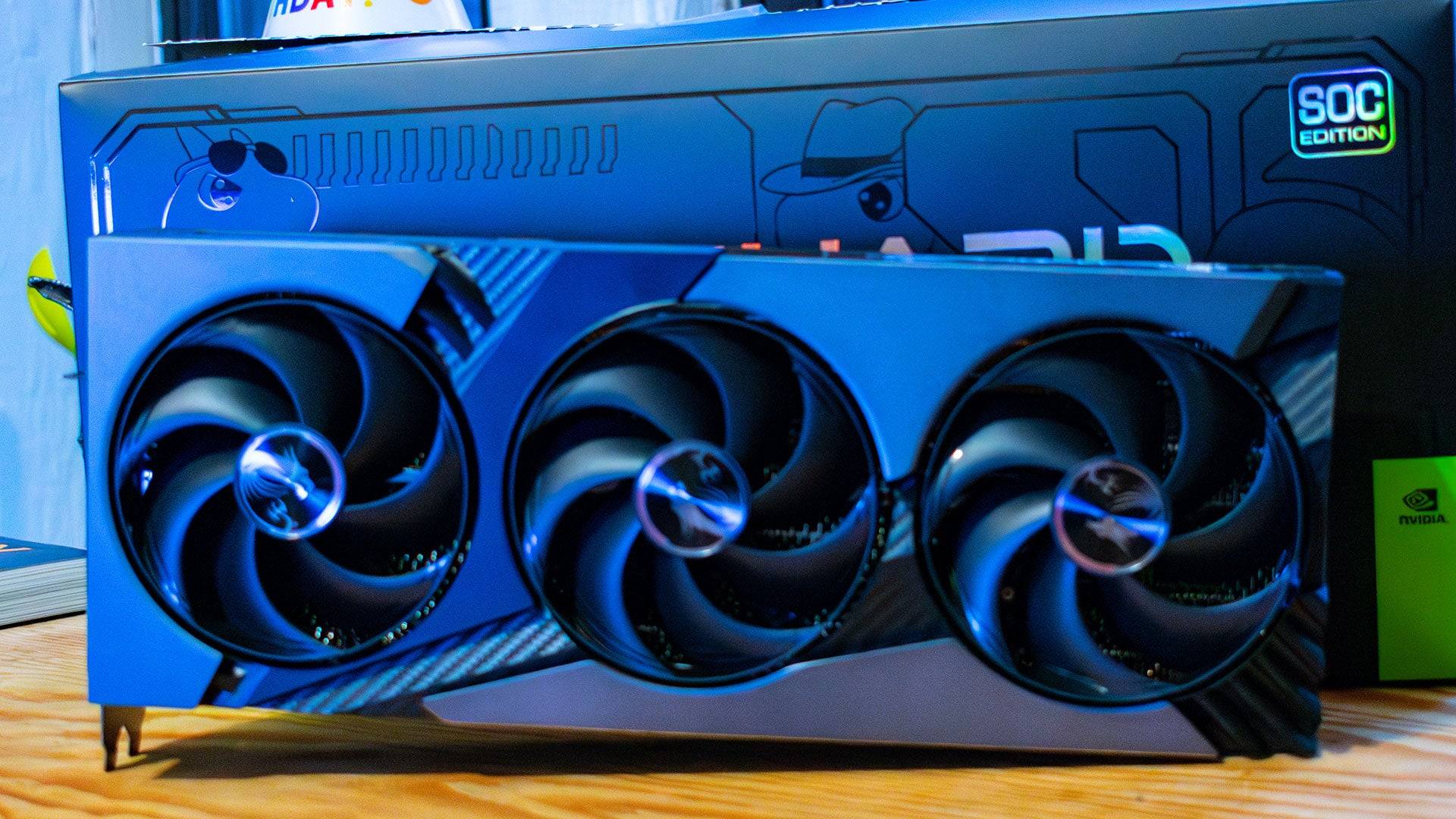 6 Images
6 Images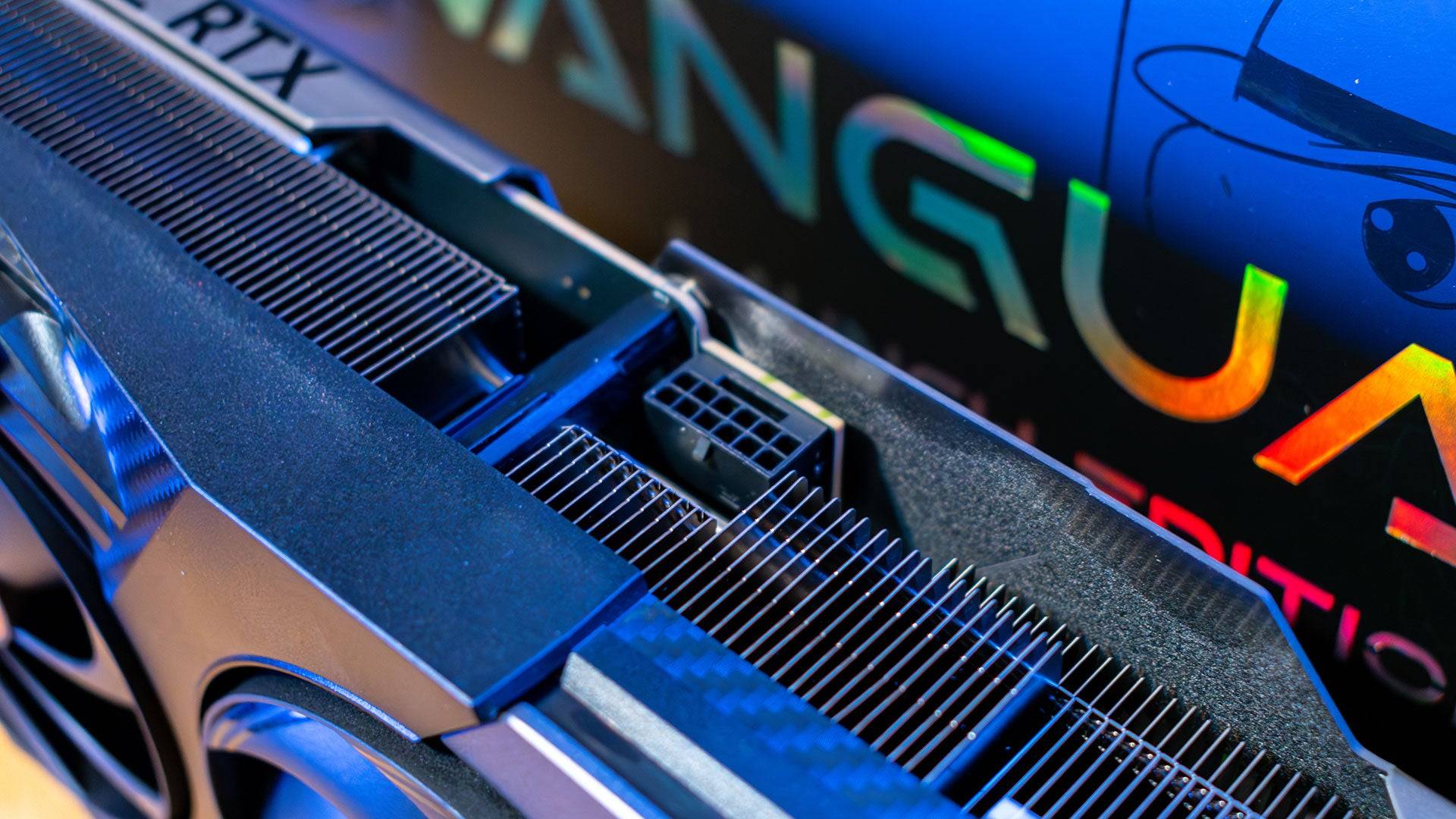
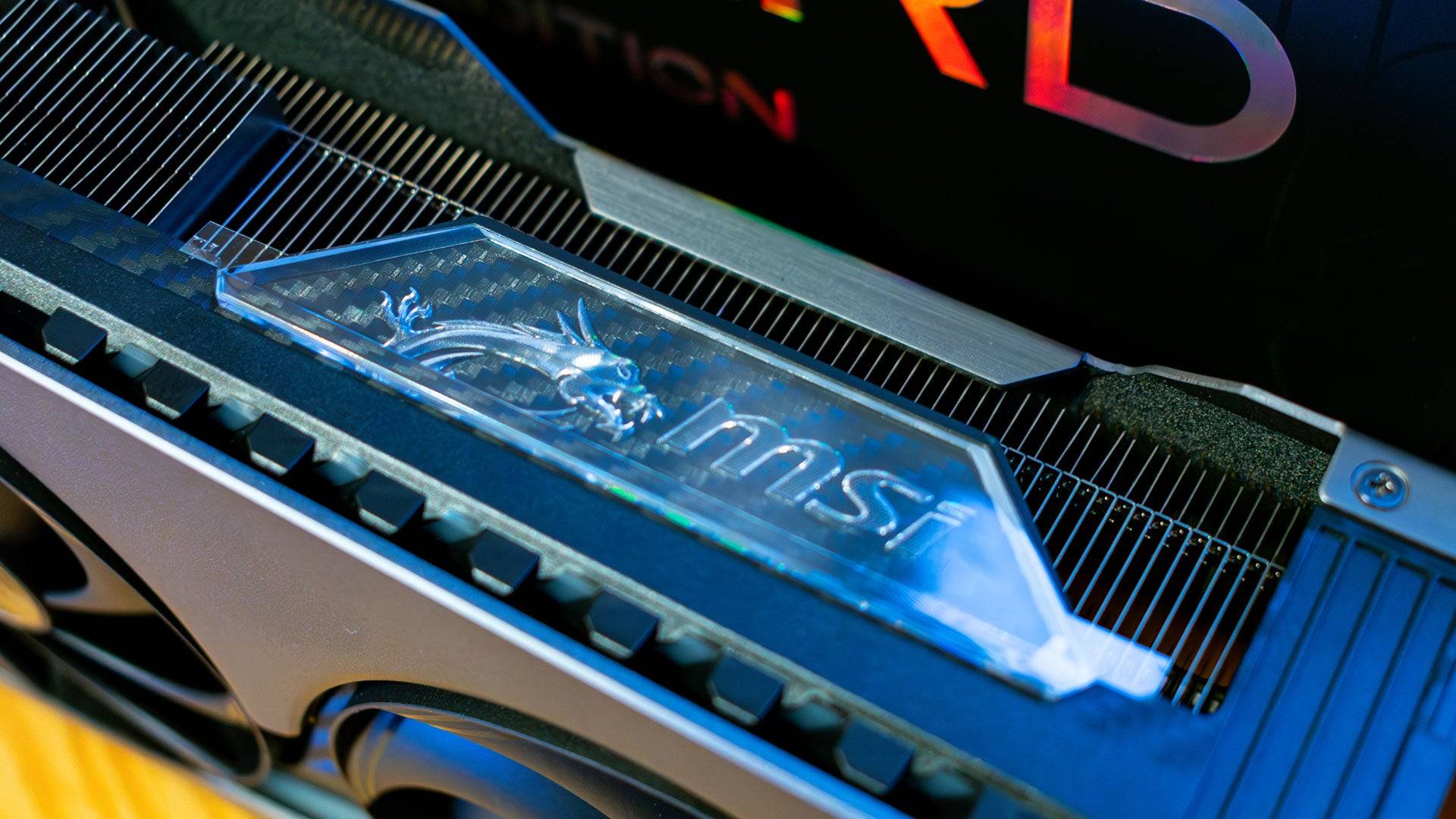
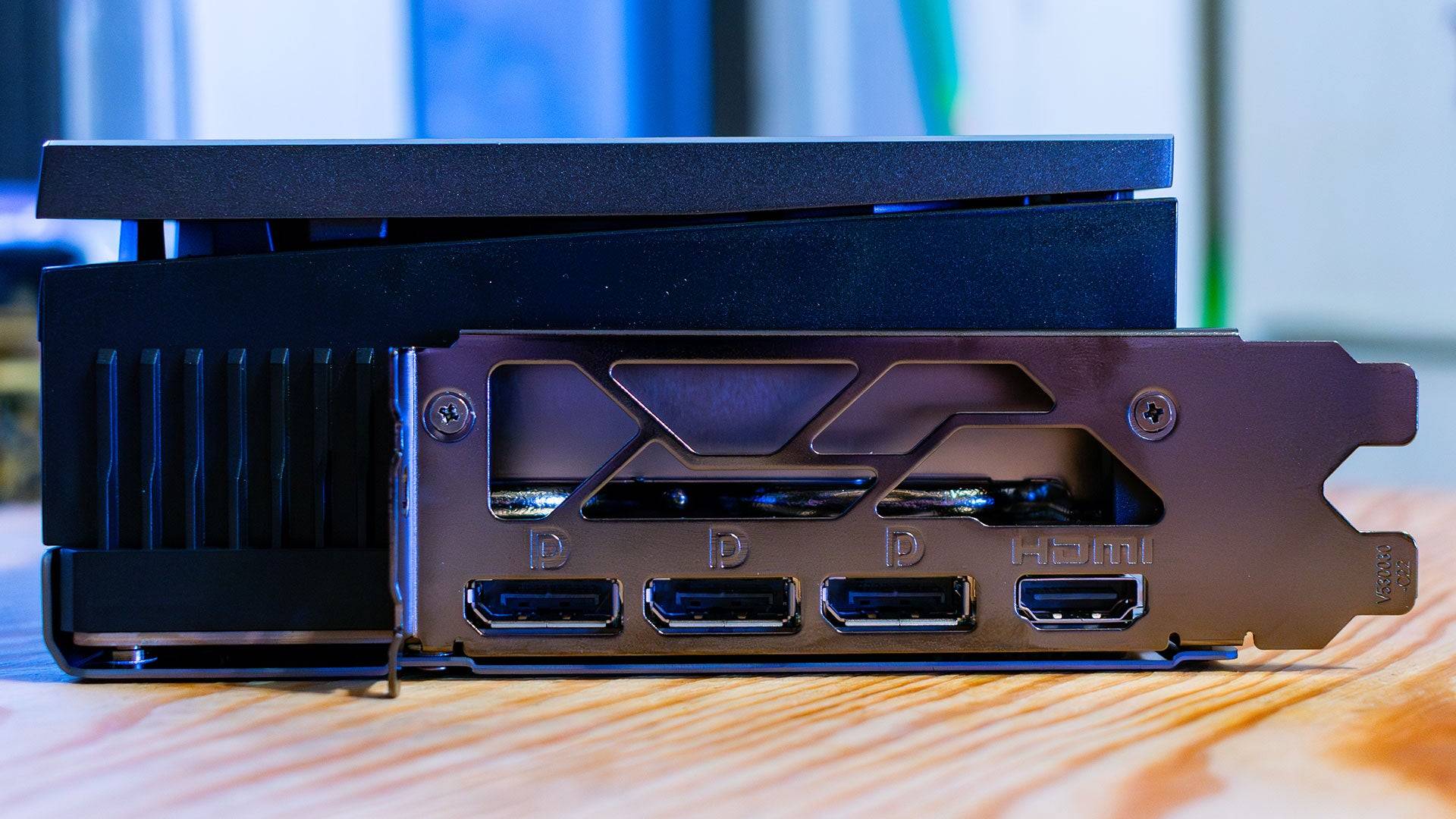

Specs and Features
The RTX 5070 Ti is the third Blackwell-architecture GPU. Originally designed for AI workloads (like ChatGPT), Nvidia adapted it for gaming, retaining its AI capabilities.
Sharing the GB203 GPU with the RTX 5080, it features 70 Streaming Multiprocessors (SMs), 8960 CUDA cores, 70 RT cores, and 280 Tensor Cores (slightly slower memory than the 5080's 16GB GDDR7). The Tensor Cores, coupled with a new AI Management Processor (AMP), are key. The AMP offloads AI tasks from the CPU to the GPU, boosting efficiency for DLSS and frame generation.
DLSS 4 utilizes a Transformer model instead of a CNN, improving image quality by reducing artifacts. Multi-Frame Generation (MFG) allows for generating up to three frames per rendered frame, potentially quadrupling frame rates. However, this increases latency, though Nvidia's Reflex technology aims to mitigate this.
With a 300W TDP, the RTX 5070 Ti's power consumption is comparable to the RTX 4070 Ti and 4070 Ti Super. Nvidia recommends a 750W PSU; however, an 850W PSU is recommended, especially for high-end models.

DLSS 4: Is It Worth It?
While performance improvements over the previous generation are present, DLSS 4, particularly MFG, is the main selling point. High-refresh-rate monitors benefit greatly; however, don't expect dramatic latency improvements.
MFG analyzes rendered frames and motion vectors to predict subsequent frames. While similar technology existed in the RTX 4090, MFG's ability to generate up to three frames per rendered frame is a significant advancement. While not always a 4x increase, it significantly boosts frame rates on high-end displays. Higher frame rates lead to more accurate predictions and less noticeable latency.
Testing in Cyberpunk 2077 and Star Wars Outlaws showed significant frame rate increases with MFG, but latency varied. While latency increases were minimal at higher frame rates, lower frame rates resulted in noticeable lag and artifacts. The RTX 5070 Ti, however, handles 4K gaming well enough to avoid these issues.
Nvidia GeForce RTX 5070 Ti – Benchmark Results
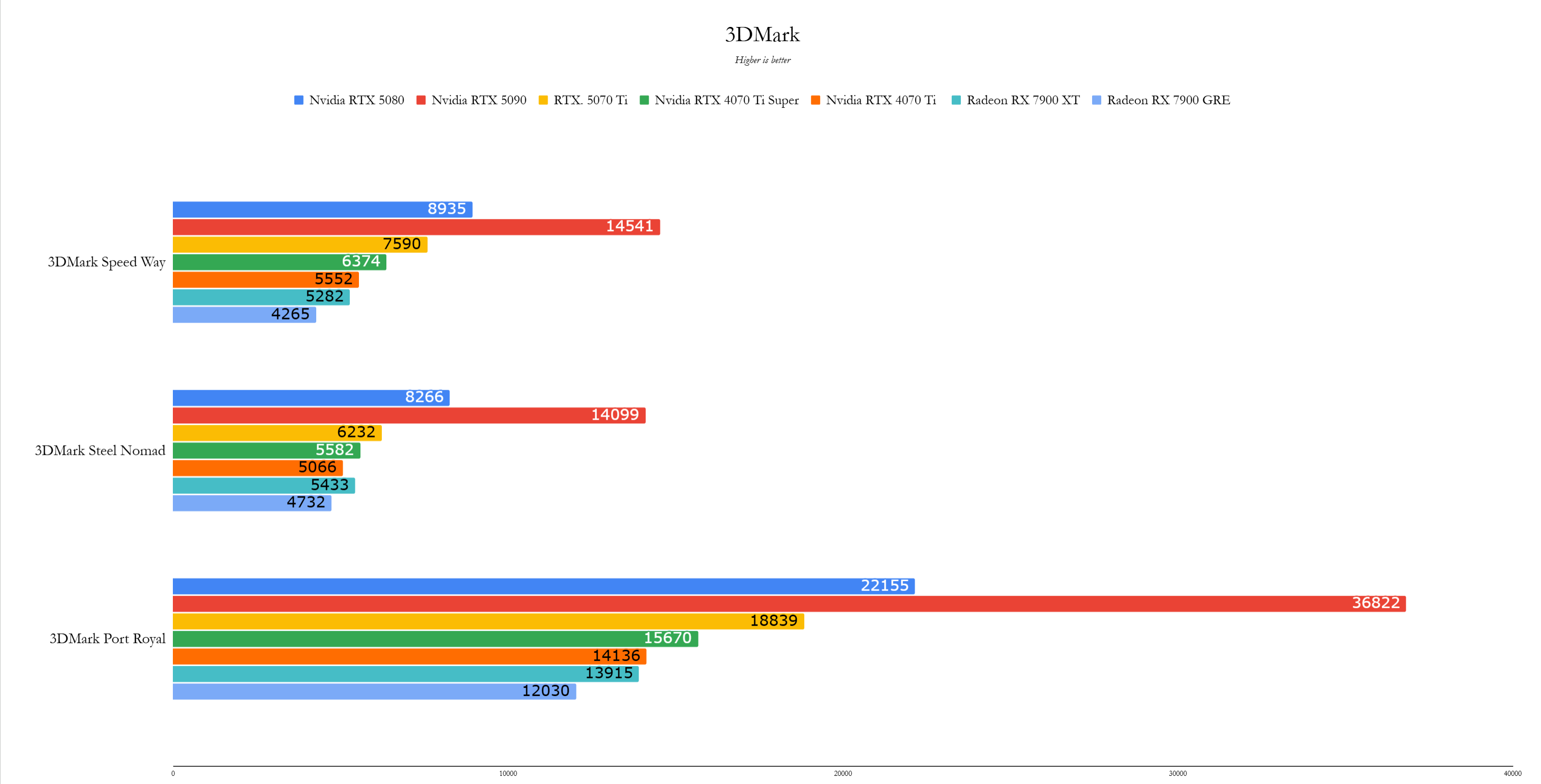
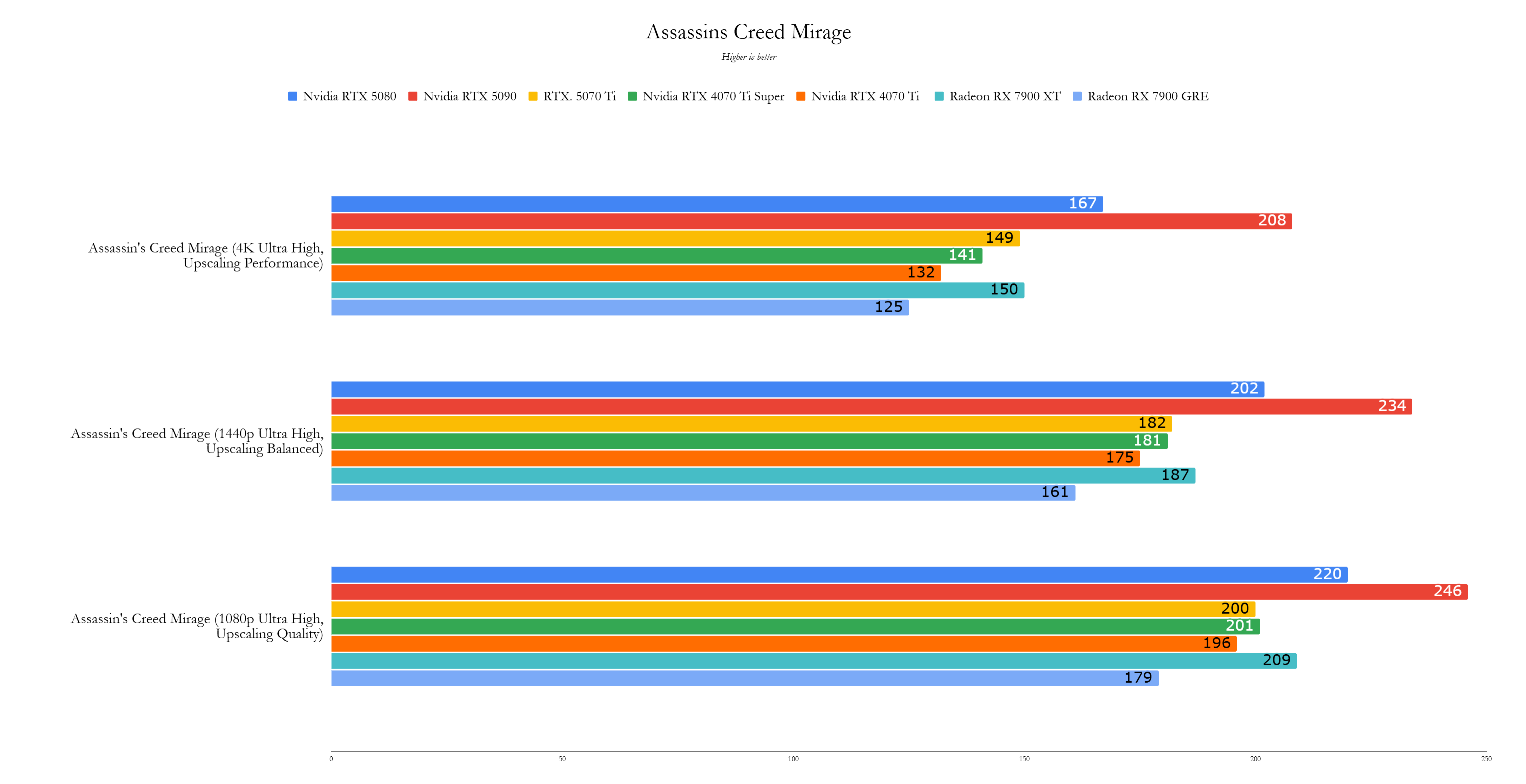 12 Images
12 Images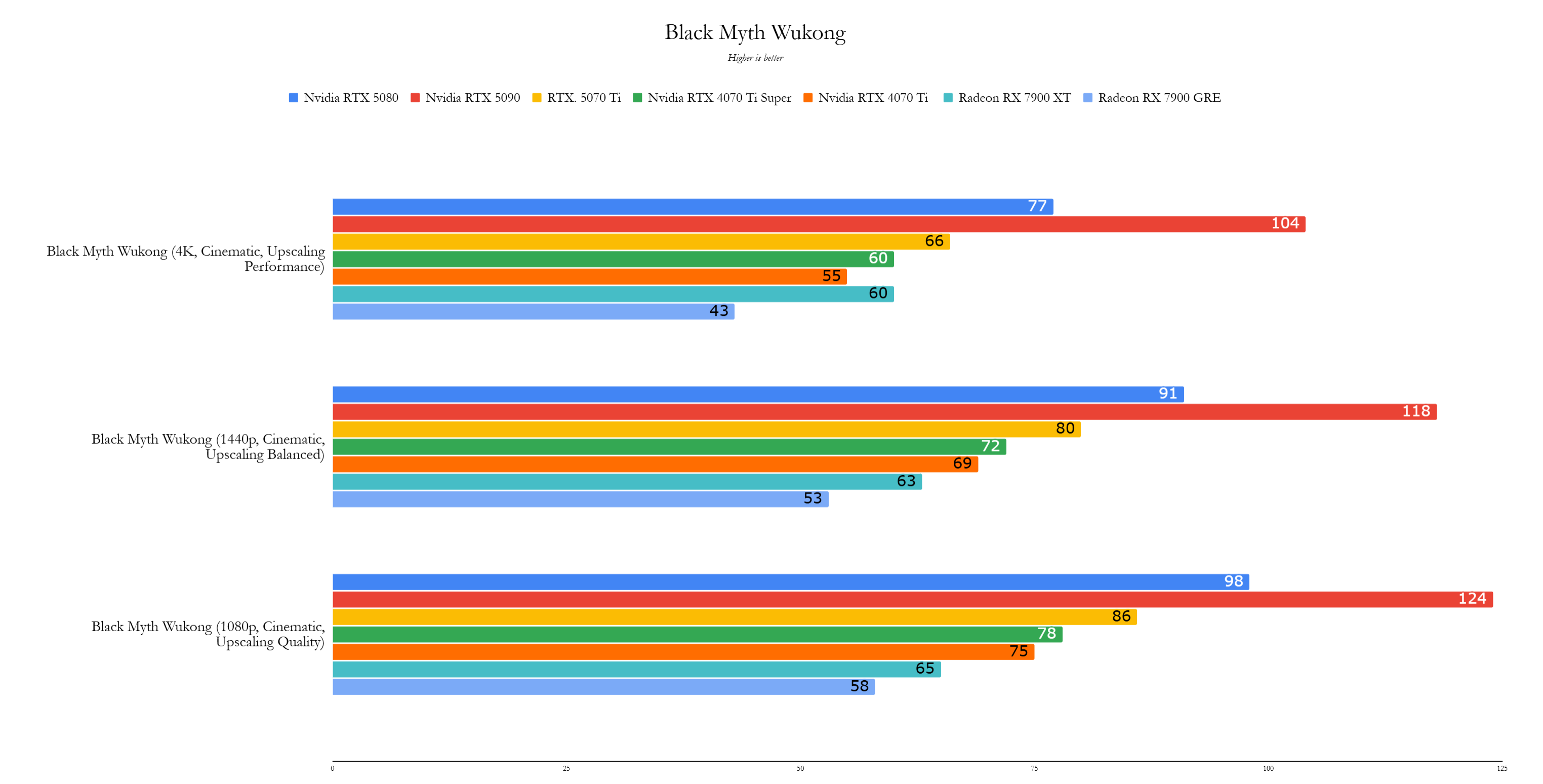
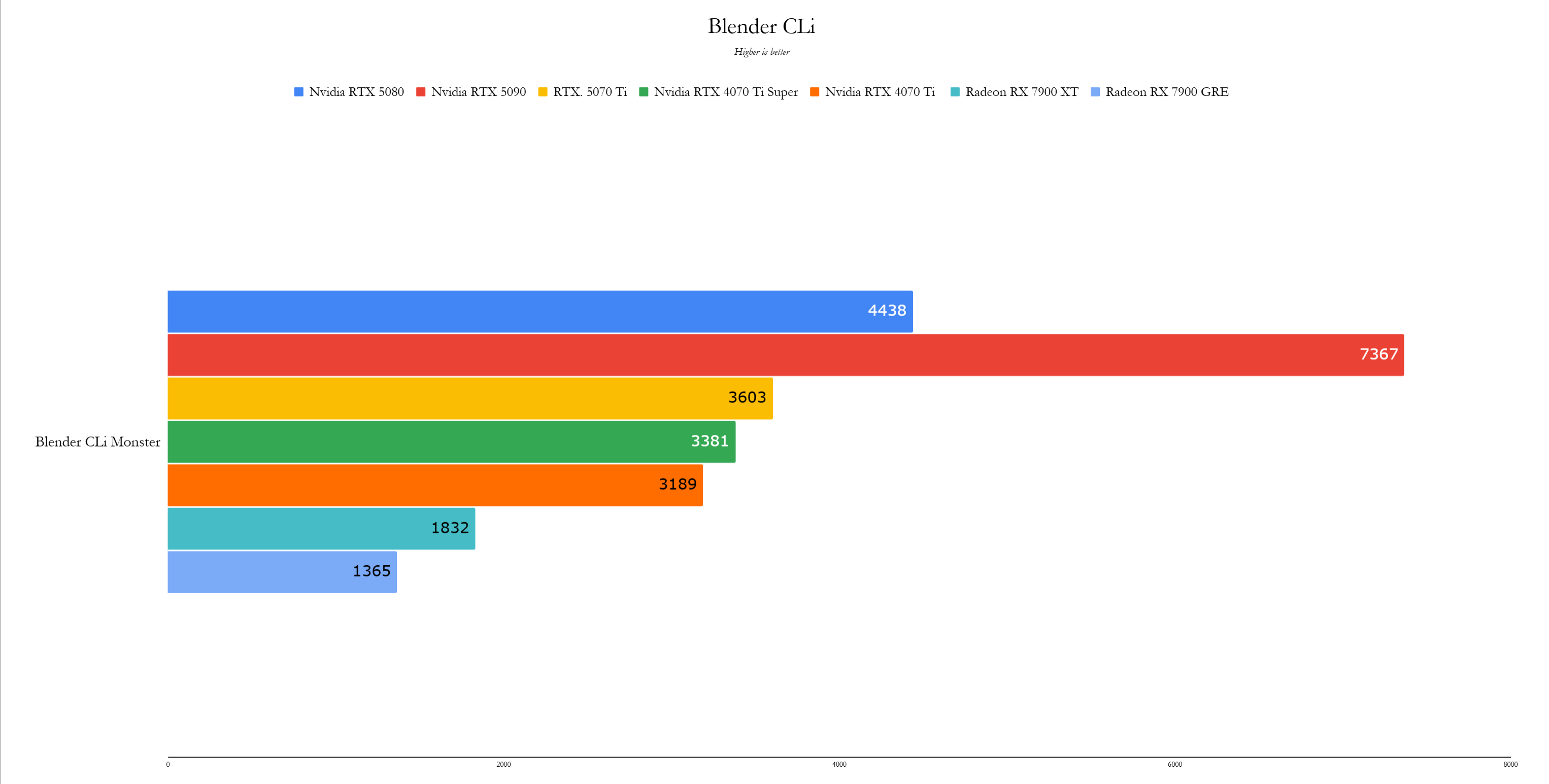
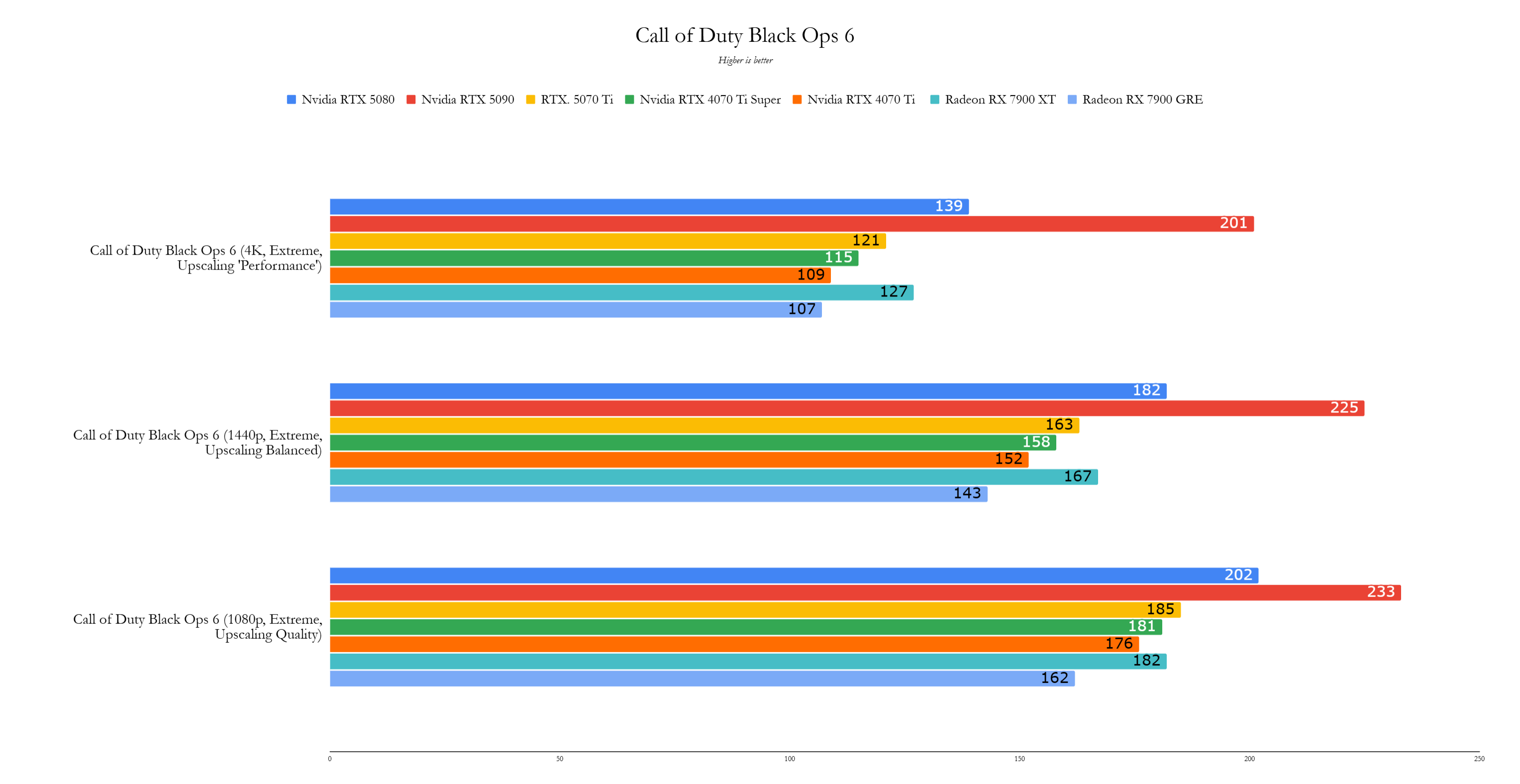
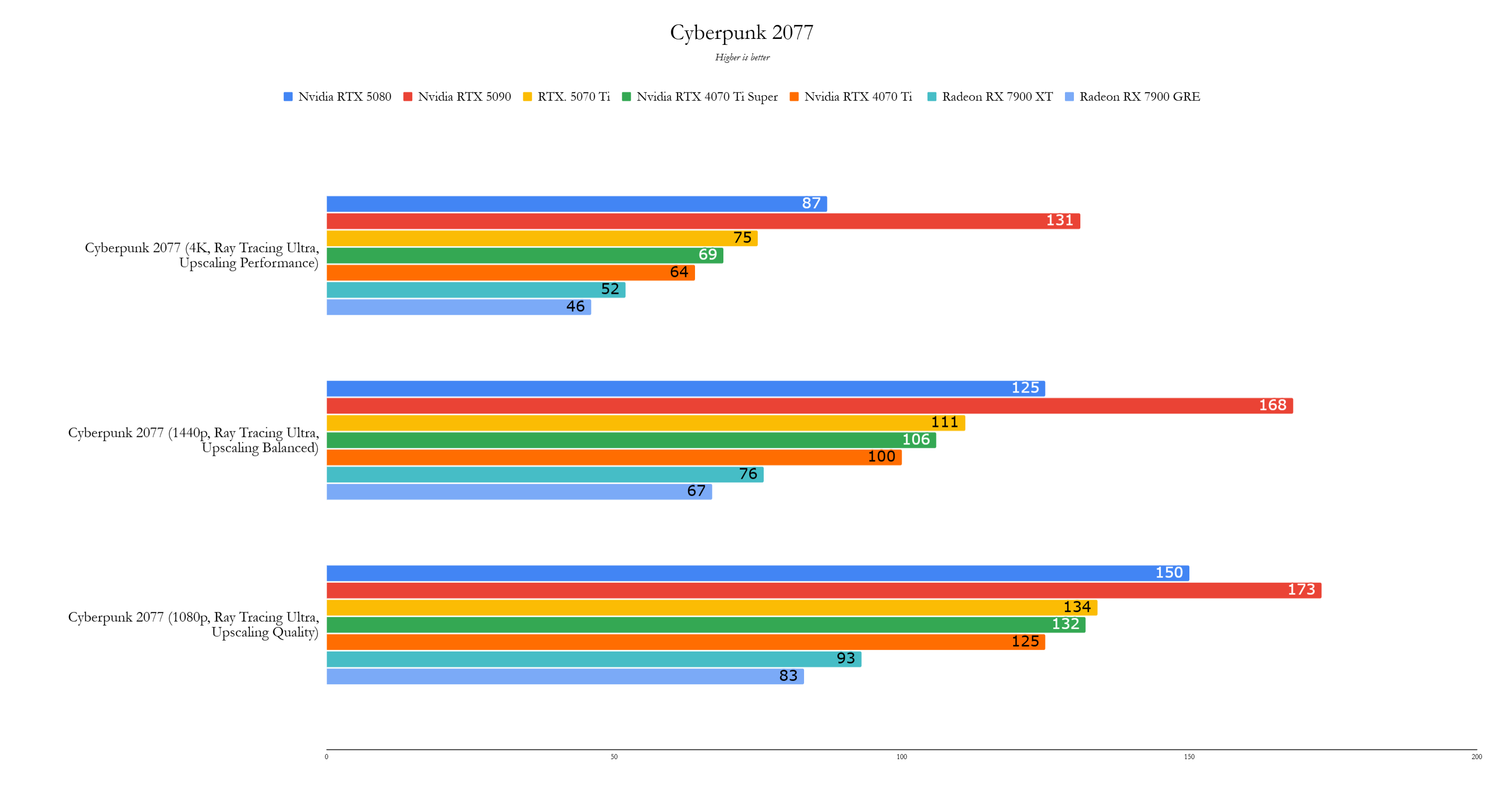
Performance Analysis
At 4K, the RTX 5070 Ti surpasses the RTX 4070 Ti Super by 11% and the RTX 4070 Ti by 21%, offering better value than the RTX 5080. It consistently exceeded 60fps in demanding titles like Cyberpunk 2077 and Black Myth: Wukong.
Test System:
- CPU: AMD Ryzen 7 9800X3D
- Motherboard: Asus ROG Crosshair X870E Hero
- RAM: 32GB G.Skill Trident Z5 Neo @ 6,000MHz
- SSD: 4TB Samsung 990 Pro
- CPU Cooler: Asus ROG Ryujin III 360
The review uses stock settings on the MSI Vanguard Edition to assess general performance. All games were tested with the latest drivers and without frame generation, utilizing DLSS or FSR where applicable.
Benchmark results show significant performance gains over previous generations in various titles, though some games showed smaller improvements or even slight regressions in specific cases. Overall, the RTX 5070 Ti demonstrates strong 4K capabilities.
Conclusion
The Nvidia GeForce RTX 5070 Ti, at its MSRP of $749, represents excellent value for a 4K gaming GPU. It offers a substantial upgrade over its predecessor at a lower price point, making it a compelling choice for gamers seeking high-resolution performance without breaking the bank.







